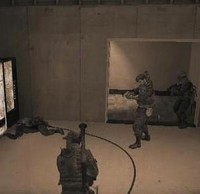
As someone who thinks long and hard about global futures, I participate in a lot of professional forums where experts discuss the growing complexity of this world and question the ability of existing political systems, both democratic and authoritarian, to handle it. Some professionals, like Thomas Homer-Dixon, fret about an “ingenuity gap,” while regular readers of this column can attest to my frequent accusation that today’s political leaders lack “strategic imagination.” In short, we’re all arguing that politics isn’t keeping up with economics, much less technology. And it scares us. Things get more depressing when the subject of future generations […]


